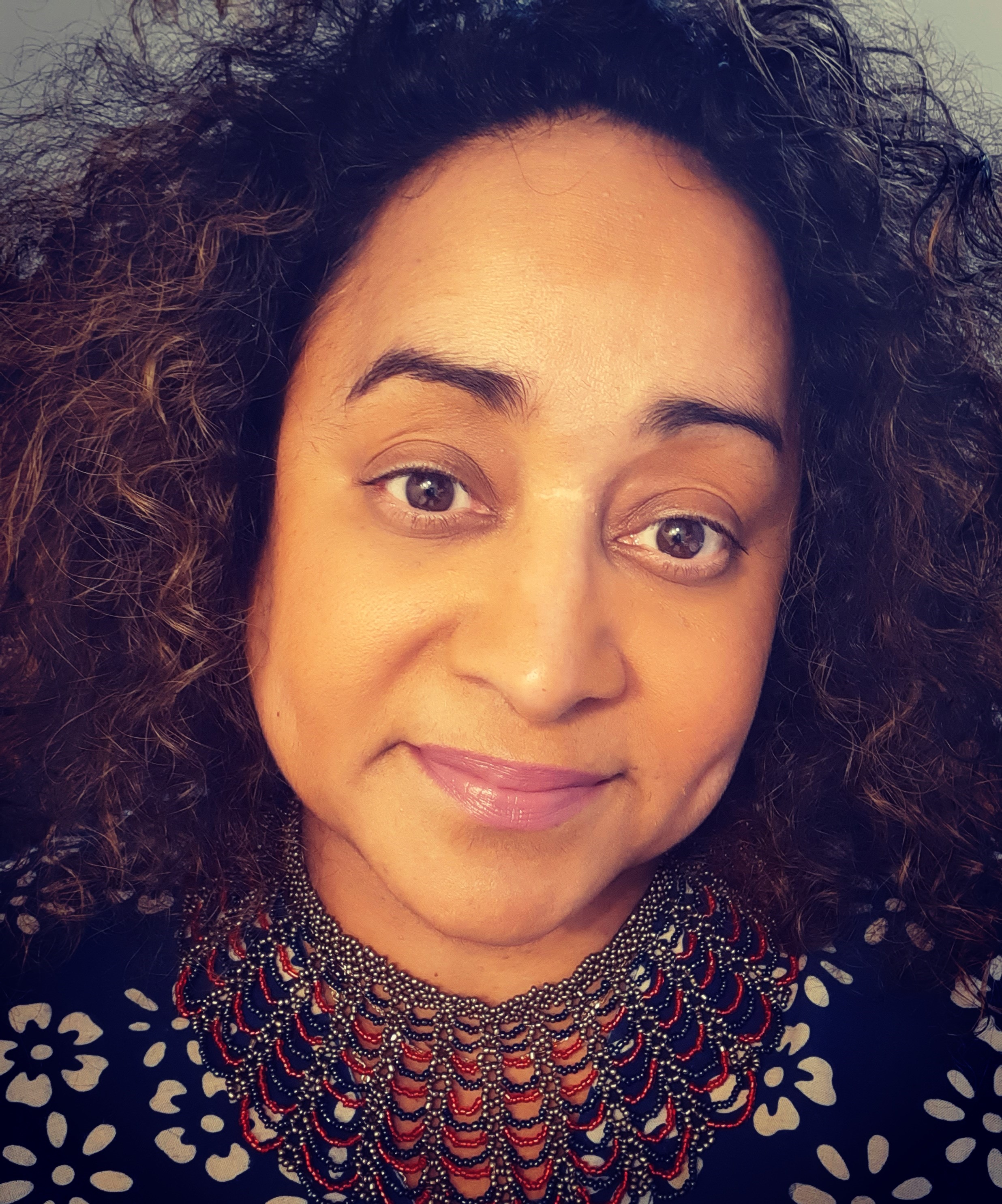I have been offline because we’d been enjoying a lovely vacation in Amsterdam. While there, I read James C. Kennedy’s A Concise History of the Netherlands. His argument has general implications.
It’s an argument about why the Netherlands has been so successful–even an “enviable” country. Before addressing that question, we should acknowledge, as Kennedy does, that the Dutch participated actively and influentially in European imperialism, including the transatlantic slave trade. So their story is not entirely admirable–perhaps not mainly so. It is nevertheless an interesting question why the Dutch have frequently been more tolerant, free, equitable, and prosperous at home than their neighbors have been.
It’s common to claim that a long tradition of commercial acumen and mercantile values made the Dutch tolerant. They have been too busy to hate. But this is not really an explanation. For one thing, why were they often so good at commerce? Besides, are we sure that the causal arrow points from commercial interests to tolerance? Couldn’t a tolerant culture be good for business?
Kennedy offers a different explanation. He notes that it has typically been impossible for anyone to dominate the Low Countries. In the middle ages, the region was divided into many counties that fell within different duchies and kingdoms. It also developed many prosperous towns, which were profitable for their various feudal lords but hard to control. Later, the Reformation added several religious sects (Calvinists, Mennonites, Moravians, Anabaptists, Jews, and others, plus the many Catholics). The land has always been carved up by water, creating quite disparate regions. And after industrialization, the society split into multiple “pillars” (traditionalist Calvinist, Catholic, socialist), each with its own parties, schools, unions, and press–none strong enough to dominate the rest.
Yet the Netherlands has frequently faced grave threats: the French, the Hapsburgs, the English, and–always–the ocean. Thus the Dutch have been forced to coordinate or perish. Seeking a central authority to lead them, they broadly backed Philip the Good, the Duke of Burgundy, to acquire titles to their whole region. But Philip had to negotiate with the cities to rule, and his descendants, the Habsburg emperors, faced a successful revolt. Later, the Orangist faction favored rule by the House of Orange as a means to centralize, but they always faced effective opposition. Voluntary association has been more common.
What were the odds that the Dutch would survive as an independent country? Things looked bad in 1421, 1672, 1795, 1940, 1953. It is risky to generalize from one case that turned out successfully. Maybe other people did the same things but failed.
However, it looks as if voluntary coordination has been a learned skill in the Netherlands. The Dutch already founded an extraordinary array of philanthropic and municipal associations, guilds, almshouses, beguine-houses, etc., during late medieval times, to which they subsequently added the world’s first true corporation, a complex republican confederal government, councils of church elders and synods, and many other innovations in self-governance. In this context, tolerance can be seen as a mode of relating to other people when you need their cooperation but you cannot dominate them. Tolerance results from polycentricism. It comes with skills of self-governance and an ability to invent new mechanisms for cooperation.
See also: polycentricity: the case for a (very) mixed economy; the UK in a polycentric Europe; modus vivendi theory; how a mixed economy shapes our mentalities; what sustains free speech?; China teaches the value of political pluralism etc.

